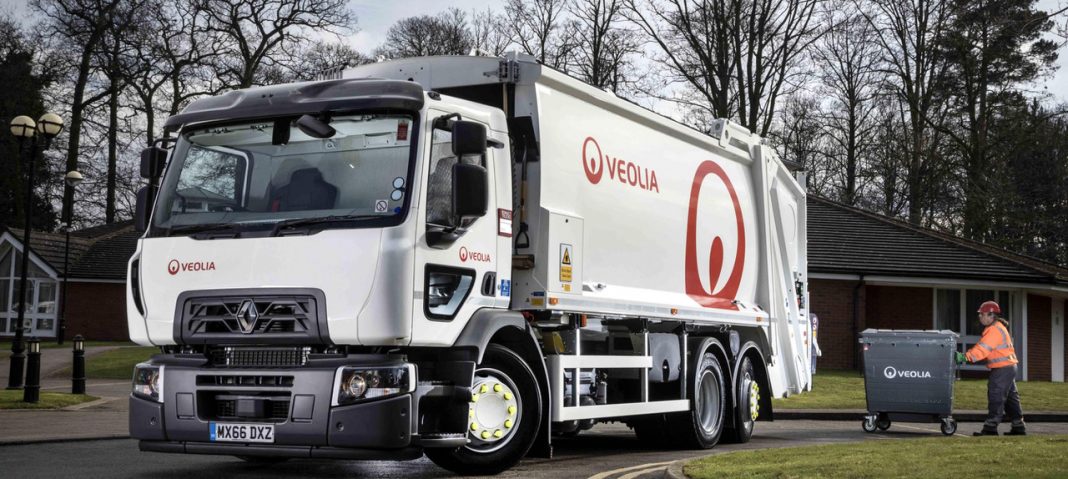Sheffield City Council and Veolia will begin the city’s first ever food waste recycling trial later this month, with 8,200 households in the city being urged to recycle food waste separately from the rest of their rubbish.
Parts of Meersbrook, Woodseats, Burncross, Ecclesfield, Arbourthorne and Darnall have been selected to take part in the trial, which will see food waste collected weekly for 12 weeks.
All households in the trial areas will receive a food waste bin for outside, half the size of their blue paper bin, plus a five-litre kitchen caddy for inside, and a roll of 52 biodegradable liner bags. Households will be asked to empty their food waste, including plate scrapings, meat, fish, dairy products, rice, pasta and lots more into their kitchen caddy before transferring it to their outside bin for collection.
The trial will help to inform how many households will recycle their food waste in Sheffield, and how much food waste is likely to be collected. The areas chosen for the trial represent a range of socio-demographic groups, and evidence from other councils, already collecting food waste separately, suggests that this impacts on the amount of food waste collected.
At the end of the trial, participants will be asked for their feedback on what worked well, and less well, and this information will be used to help provide the best service possible when introduced across the City in the future.
Councillor Joe Otten, Chair of the Waste & Street Scene Policy Committee at Sheffield City Council said: “Food waste recycling is something I have been calling for for many years, with its potential to make a big difference to our greenhouse gas emissions and reduce our black bin waste.
“The trial will help us understand more about food waste collections locally and realise the scale of the benefits, both economically and environmentally.
“I’m very pleased to bring in this trial which will help us prepare for the full roll out which we are expecting to soon be a requirement outlined in the Environment Act.”
The food waste collected will be taken to anaerobic digestion facilities in Lincolnshire and Yorkshire where it will be recycled into bio-fuel and a nutrient-rich fertiliser and soil improver for use in farming.
Estimates suggest that UK households waste around 6.5 million tonnes of food each year.
In 2019, sampling undertaken by the council showed that 33% of the contents of Sheffield’s black bins are made up of food waste.
The Environment Act means will mean that all councils will have a duty to collect food waste separately from every household at least once a week. The Government has yet to confirm when separate collections will be required, initially proposing 2023 and more recently suggesting this be delayed until 2025.



